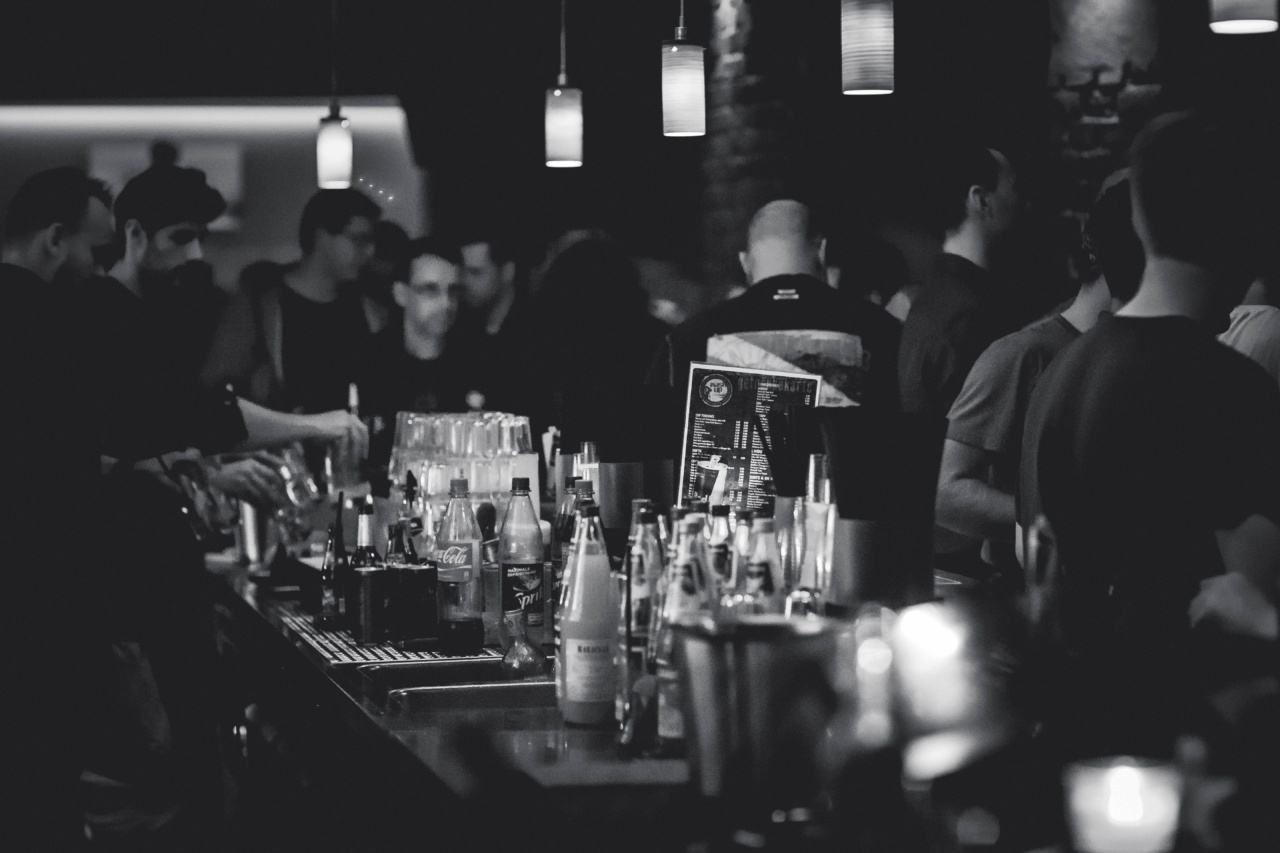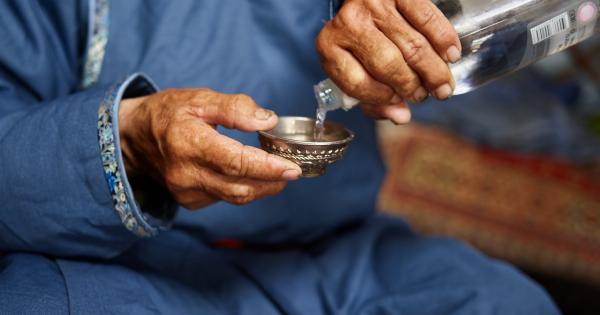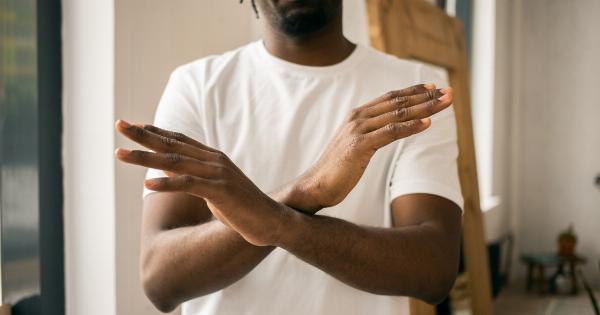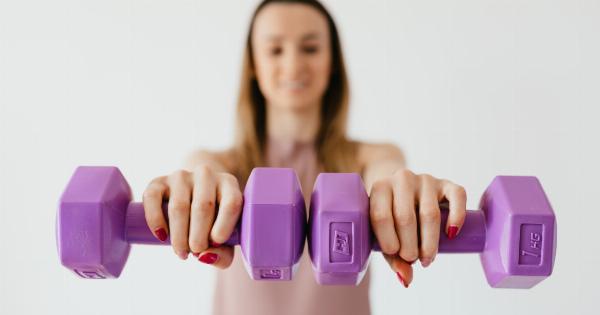Alcohol has long been associated with social gatherings, parties, and relaxation. It is often seen as a way to lower inhibitions and boost confidence.
However, when it comes to men’s sexual prowess, the relationship between alcohol consumption and performance may not be as clear-cut as one might think.
Alcohol’s Impact on Sexual Performance
First, let’s explore the immediate effects that alcohol can have on sexual performance. While alcohol can initially increase feelings of arousal and lower social anxiety, it is essential to understand that it is a depressant.
It affects the central nervous system, slowing down brain activity and dulling sensations.
The Myth of Liquid Courage
One common belief is that alcohol acts as a “liquid courage,” helping men overcome performance anxiety and boosting their sexual prowess. This idea stems from the belief that alcohol helps individuals feel more confident and less inhibited.
However, while alcohol may temporarily alleviate anxiety, it can lead to a decrease in physical arousal and hinder performance in the long run.
Alcohol’s Impact on Erectile Dysfunction
Another significant aspect to consider is the impact of alcohol on erectile dysfunction (ED). Numerous studies have suggested a link between heavy alcohol consumption and an increased risk of developing ED.
Alcohol can interfere with the body’s ability to achieve and maintain an erection, negatively affecting men’s sexual prowess.
The Role of Blood Flow
One of the key factors in sexual performance is proper blood flow. Alcohol consumption can have a significant impact on blood circulation. It can cause blood vessels to constrict, making it more challenging for blood to flow into the penis.
This reduced blood flow can result in difficulties achieving and sustaining an erection, ultimately affecting sexual performance.
Premature Ejaculation and Alcohol
Alcohol can also influence the timing of ejaculation. While some men may experience delayed ejaculation due to the desensitizing effects of alcohol, others may experience premature ejaculation.
This inconsistency in ejaculation timing can lead to frustration and a perceived decrease in sexual prowess.
Alcohol and Sensitivity
One often overlooked aspect of alcohol’s impact on sexual performance is sensitivity. Alcohol dulls the senses and decreases overall sensitivity, affecting pleasure and sexual sensations.
This reduced sensitivity can make it more challenging to achieve orgasm and can diminish overall sexual satisfaction.
Intimacy and Emotional Connections
Sexual prowess is not solely about physical performance but also encompasses emotional connection and intimacy.
While alcohol can temporarily lower inhibitions and make it easier to engage in sexual activity, it can also impair judgment and hinder meaningful emotional connections. This can negatively impact sexual performance and the overall quality of a sexual encounter.
Moderation is Key
It is crucial to understand that moderation is key when it comes to alcohol consumption and sexual performance. While a small amount of alcohol may help to relax and ease anxiety, excessive drinking can have detrimental effects on sexual prowess.
It is important to find a balance and be aware of the potential risks involved.
Alternative Solutions
If you are experiencing difficulties with sexual performance or are concerned about the impact of alcohol on your sexual prowess, there are alternative solutions to consider.
Seeking professional help from a healthcare provider or sex therapist can provide valuable guidance and support. Additionally, maintaining a healthy lifestyle, including regular exercise, a balanced diet, and managing stress, can positively impact sexual performance.
The Bottom Line
While alcohol may initially boost confidence and alleviate anxiety, its overall impact on men’s sexual prowess is not beneficial.
Alcohol can hinder erectile function, decrease sensitivity, affect ejaculation timing, and impair emotional connections. Understanding the potential risks and practicing moderation is essential for maintaining a healthy sexual life. Seeking professional help and adopting a healthy lifestyle are key steps towards optimizing sexual performance.






























